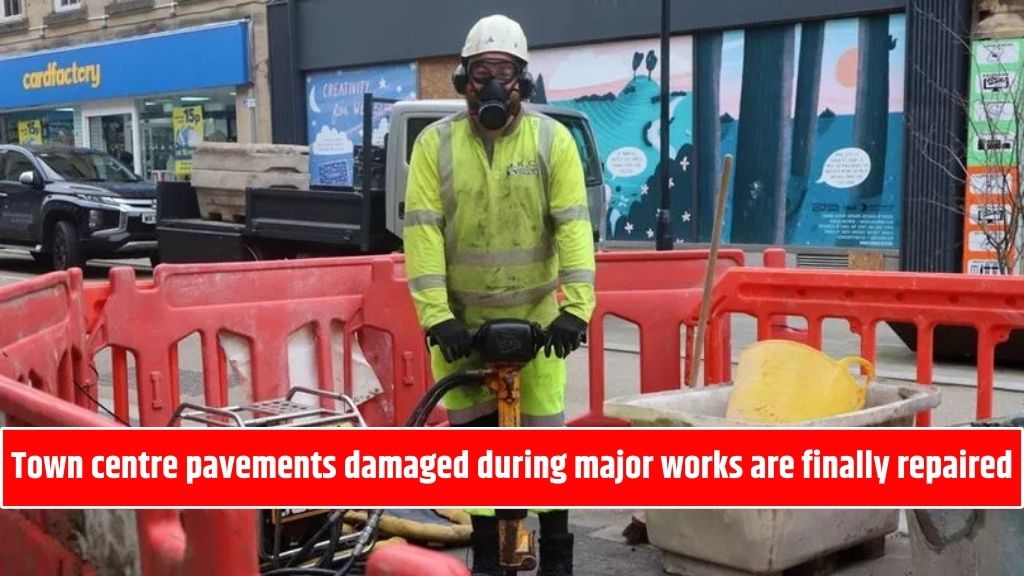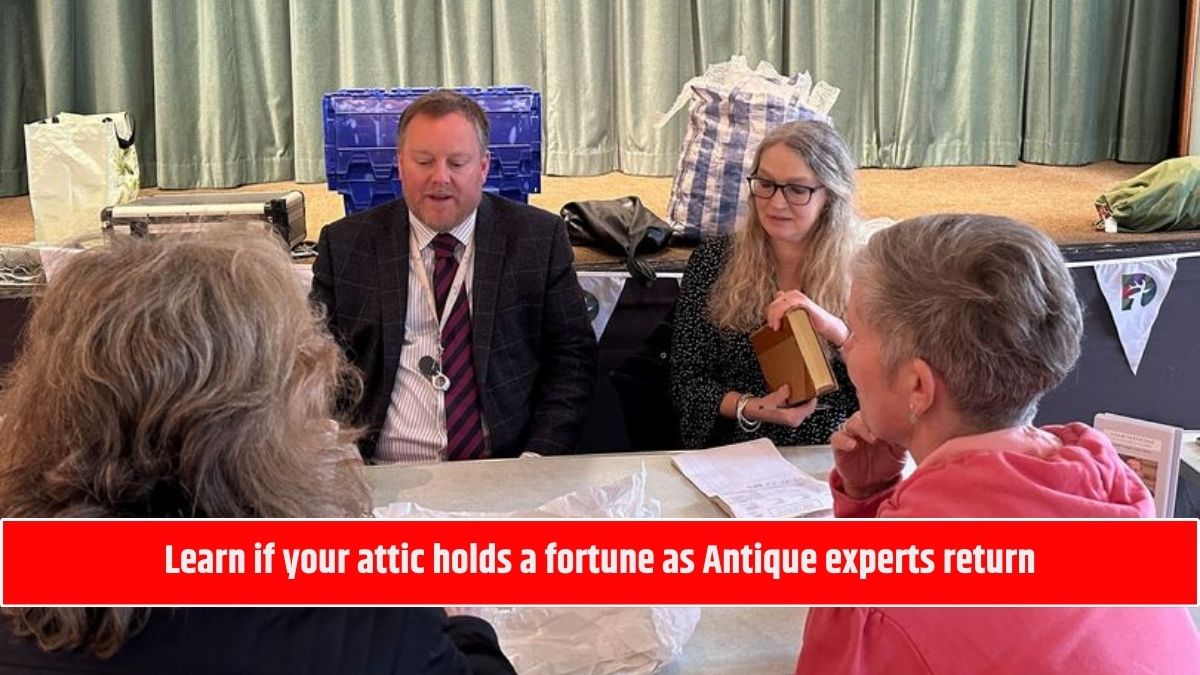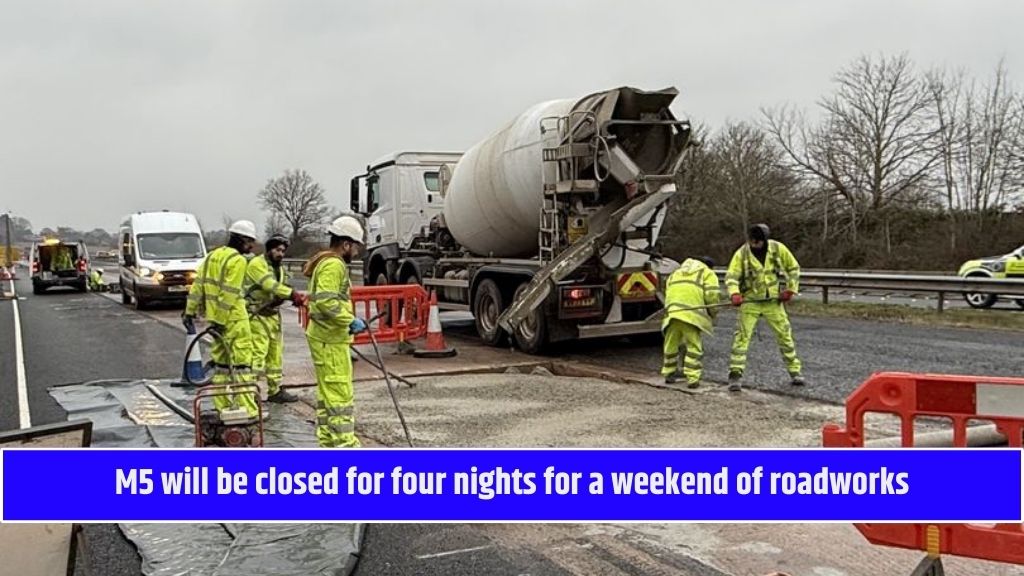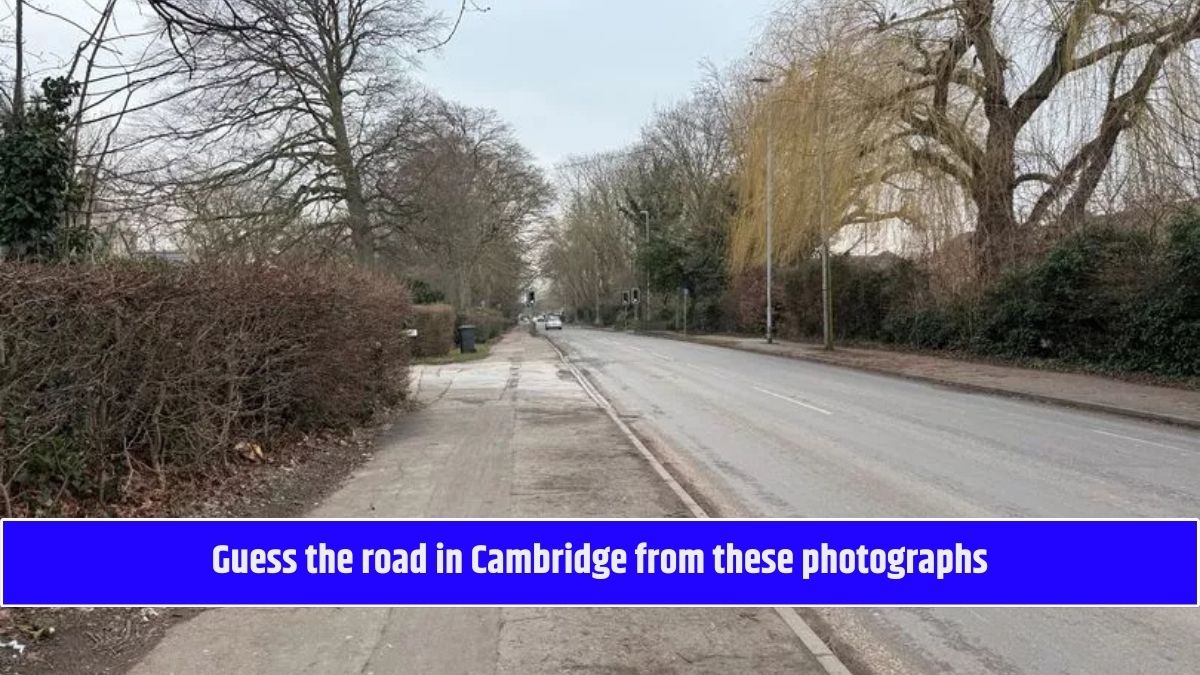After nearly a year of waiting, the damaged pavements in Yeovil town centre are finally being repaired. The original paving, part of the Yeovil Refresh regeneration programme, was damaged during utility works by SSE PLC in mid-2024. Despite long delays, Somerset Council has confirmed that the repair work has begun, and importantly, it will be completed at no extra cost to taxpayers. However, the delayed response has sparked mixed reactions from local residents, with some expressing relief while others criticized the handling of the situation.
Paving Damage and Delayed Repairs
The new paving, laid near the junction of High Street and Wine Street, was damaged in mid-2024 when SSE PLC carried out independent improvement works. Instead of restoring the area immediately, temporary Tarmac was put in place. For months, residents awaited news on when the high-quality paving stones would be reinstalled.
On February 17, 2025, Somerset Council officially announced that the repairs would finally begin. The best part? SSE will cover the costs, ensuring no additional burden on local taxpayers.
Official Statement from Somerset Council
In a Facebook post, Somerset Council shared an update, stating:
“We’re pleased to say that repairs to the paving on Yeovil’s High Street are being carried out this week, fixing damage caused last summer by utilities work. SSE will be covering the repair costs.”
This announcement confirmed that the issue was finally being addressed, but it also reignited debates over the delays.
Public Reaction: Relief and Frustration
The news received mixed responses from the local community. Some residents welcomed the decision, particularly the fact that SSE was covering the costs.
- Justin John remarked: “Quite right that SSE are picking up the bill.”
- George Poulson added: “Let’s hope they do a good job and it’s restored to match the original (very good quality) paving.”
However, others expressed frustration over the long wait and questioned the council’s planning.
- Dave Gale criticized the handling of the situation, saying: “Too little too late. The contractors should have liaised with SSE so these extra works wouldn’t have been required—this shows a lack of forward planning by all parties. The whole town has been in turmoil for years because of works, and now we have more to contend with.”
- Andrew Beamish was even more critical: “It took three quarters of a year to start the repairs, which have been ‘scheduled’ on multiple occasions? It only demonstrates the council’s inability to plan, communicate, take ownership, or make things happen as promised.”
Council’s Explanation for the Delays
Councillor Oliver Patrick, the assistant portfolio holder for climate change and active travel, defended the council, stating that many of the delays were out of their control.
He explained:
- The ordered paving stones were redirected to complete work in another area, The Triangle.
- Machinery breakdowns at the quarry led to further delays in obtaining more stone.
Despite these setbacks, he expressed satisfaction that the repairs were finally underway, crediting both council officers and councillors for pushing the issue forward.
The repair of Yeovil’s pavements marks the end of a long-standing issue that frustrated both residents and local businesses. While many are relieved that the problem is finally being addressed, the delays have raised concerns about planning, coordination, and communication within the council. With the Yeovil Refresh regeneration programme continuing, locals hope that future projects will be managed more efficiently to avoid similar disruptions. For now, the focus remains on ensuring that the newly installed paving matches the original high-quality finish, restoring the town centre’s appeal for residents, visitors, and investors alike.
| Visit for More News and Updates | WSOA NEWS |















